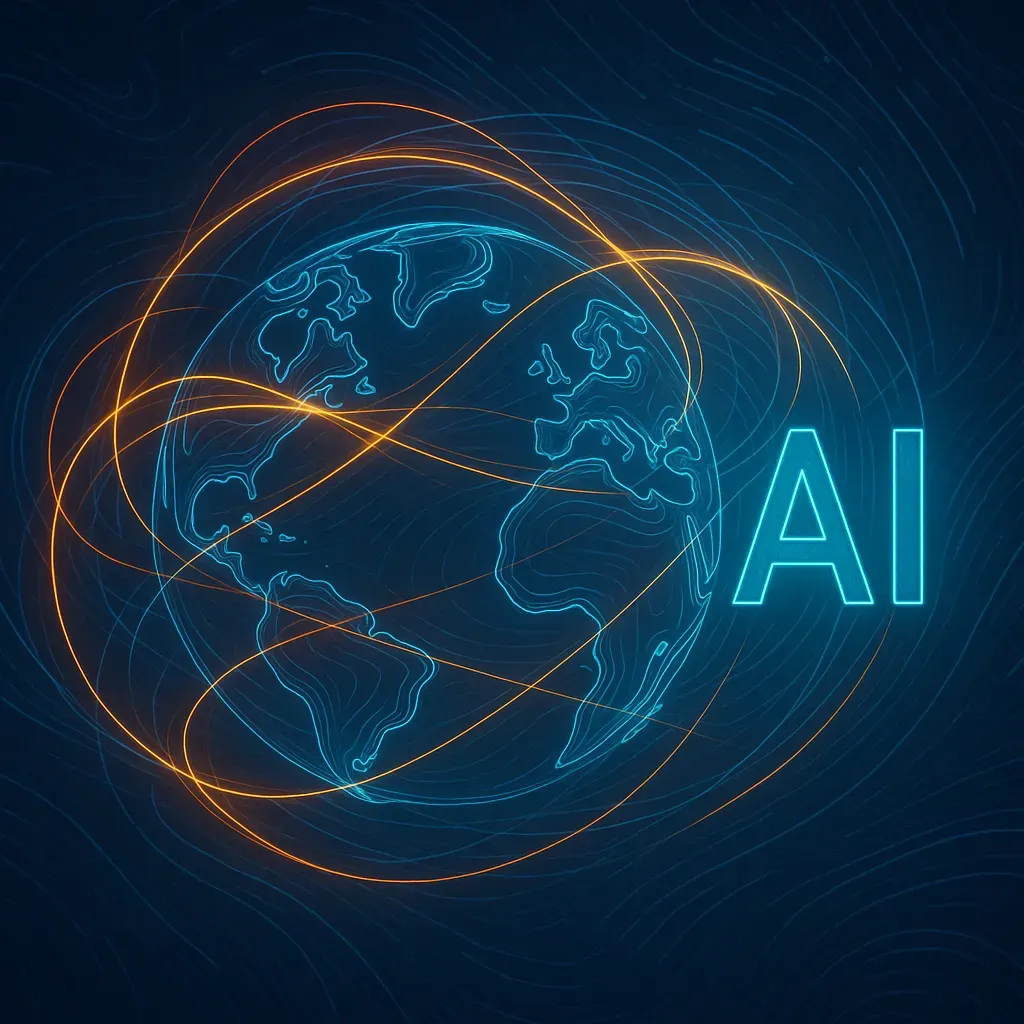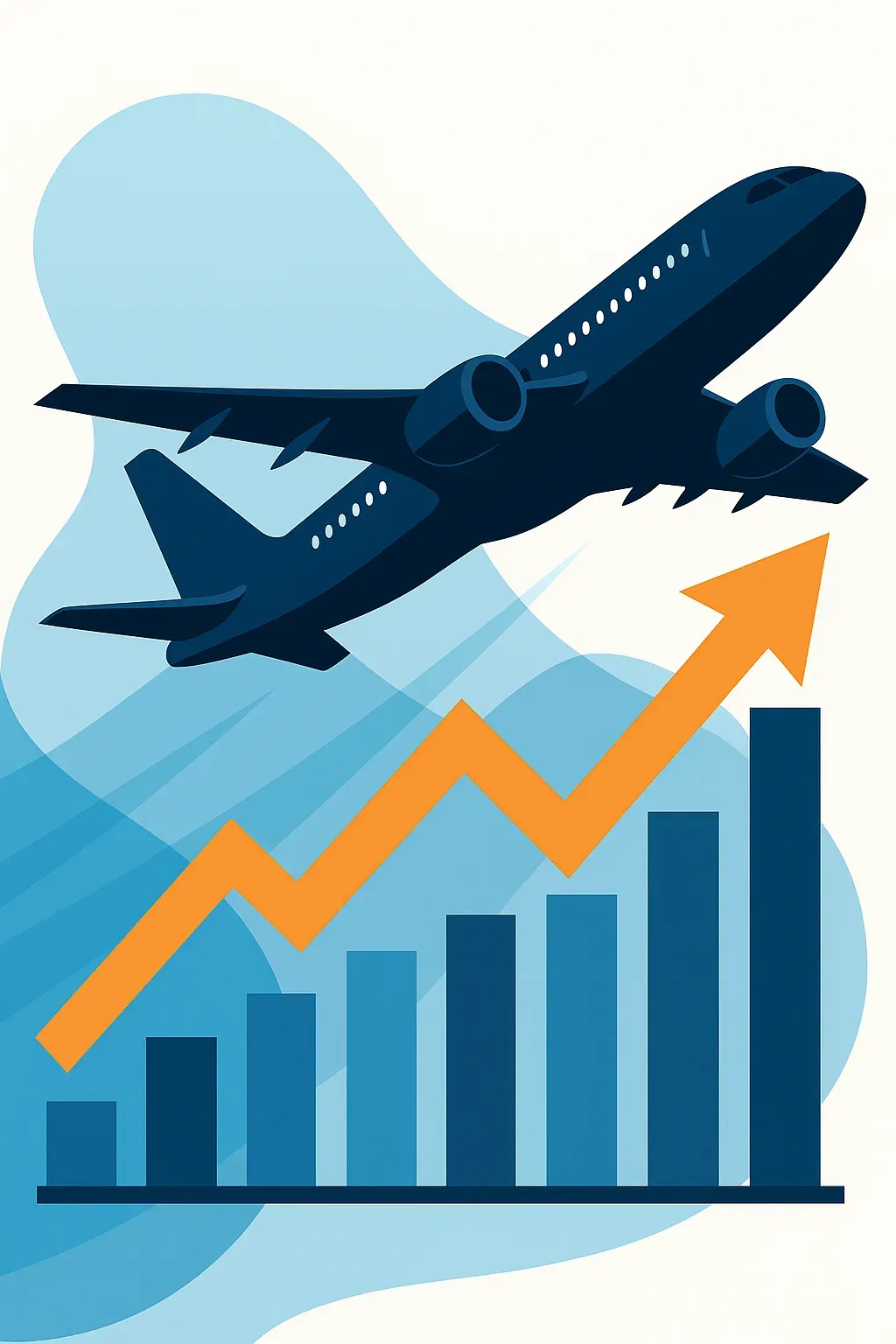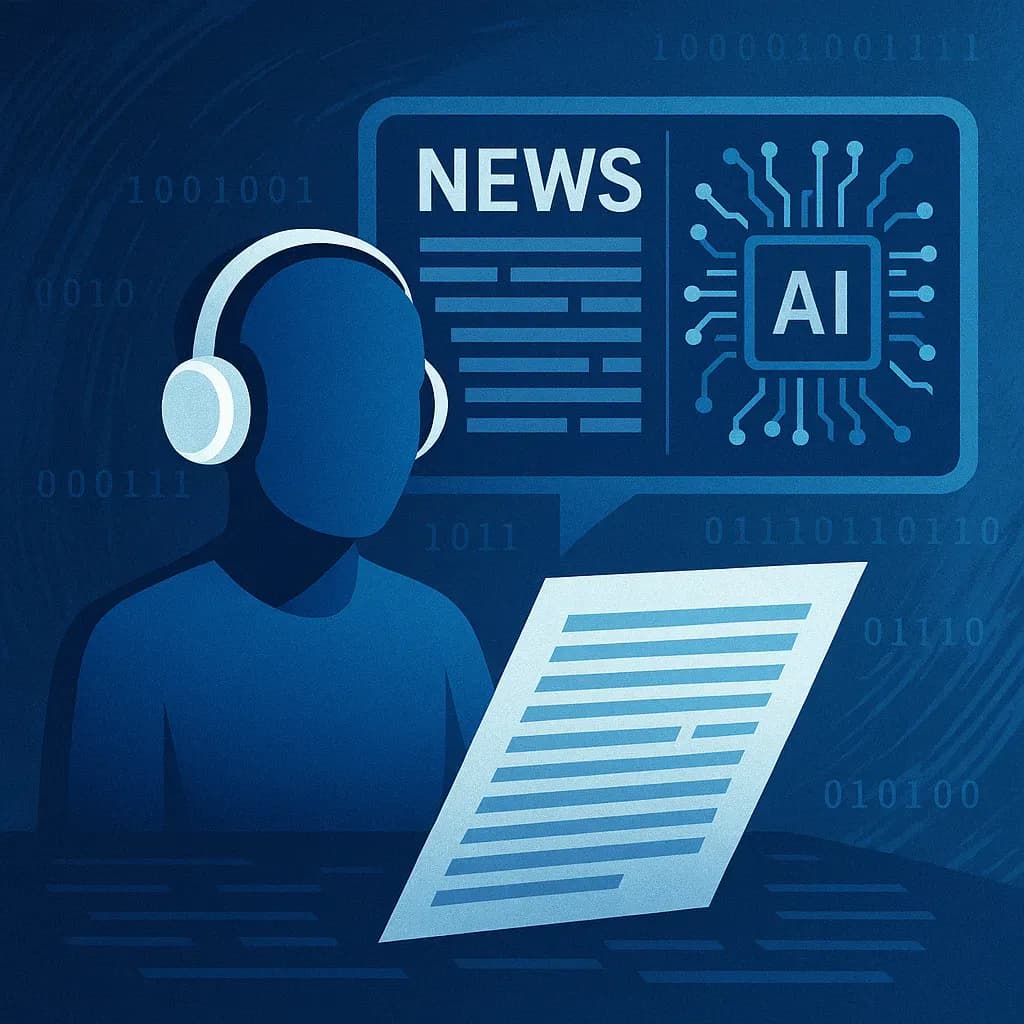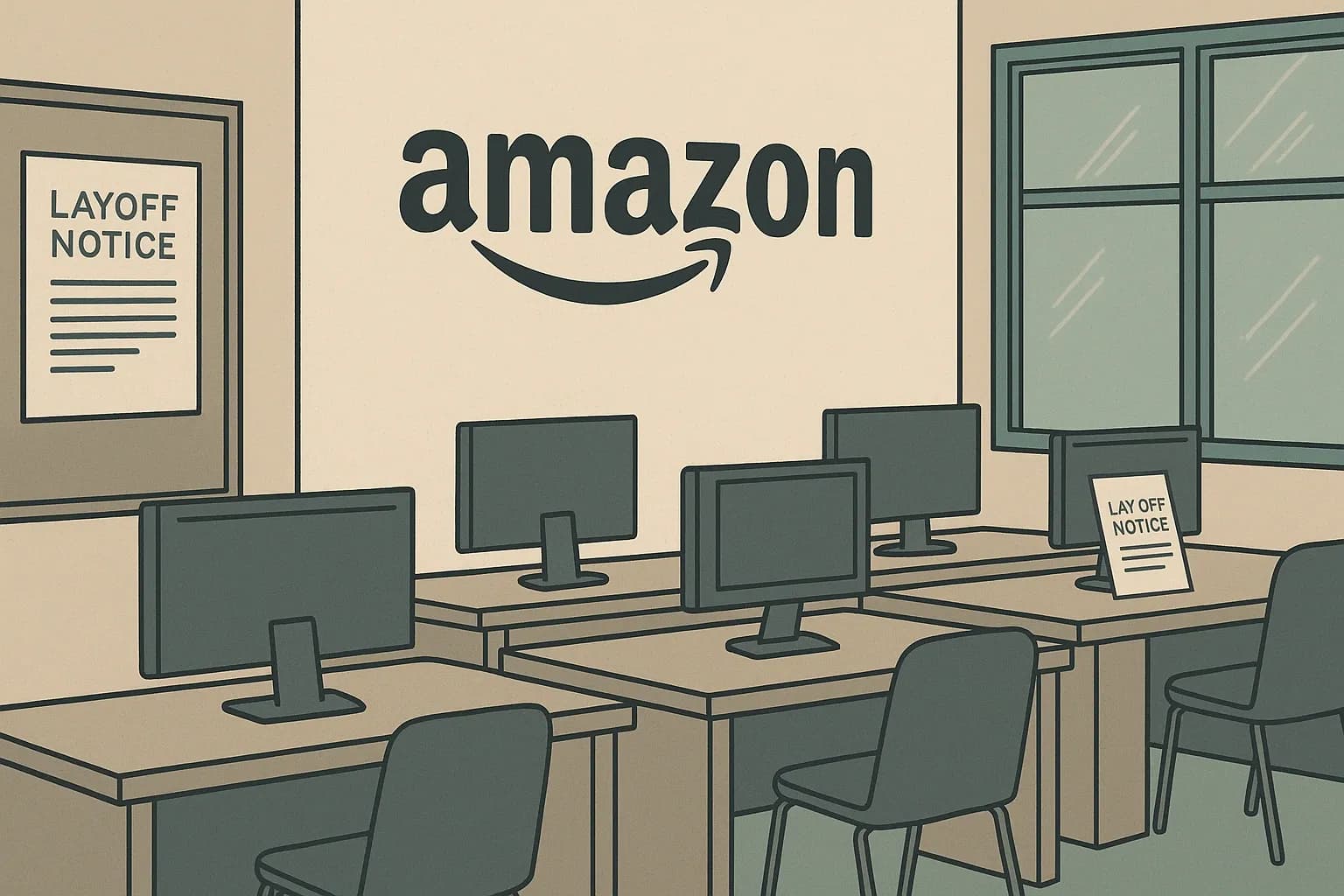AI could boost global trade by up to 37% and GDP by 13% by 2040, according to the WTO's 2025 World Trade Report. The report credits lower trade costs and digital services but cautions that developing countries may fall behind without investment.
Artificial Intelligence Could Transform Global Trade
Artificial intelligence isn’t just transforming the way businesses operate — it could dramatically reshape world trade. The World Trade Organization’s World Trade Report 2025 estimates that AI could increase the value of goods and services traded across borders by as much as 34-37 percent by 2040. The same report projects that global gross domestic product could rise by 12-13 percent in a world where AI technologies are widely adopted.
Projected Impact on Trade and GDP
In its scenario modelling, the WTO sees AI lowering trade costs, speeding customs clearance and improving supply-chain visibility. These efficiency gains could raise global trade by nearly 40 percent and lead to trillions of dollars in additional economic output. The report highlights that more than 90 percent of companies already using AI in their trading operations report benefits such as better demand forecasting and automated document processing.
Growth Driven by Digitally Deliverable Services
While AI promises benefits for manufacturers and logistics firms, the largest gains are expected in digitally deliverable services — software, finance, professional services and digital media delivered over the internet. These sectors could grow more than eight times faster than traditional goods, according to the WTO. By automating routine tasks and providing real-time analytics, AI can help smaller firms participate in global markets that were once the domain of large multinationals.
Risks of a Widening Digital Divide
The WTO warns that the benefits of AI could be uneven. Lower-income economies with limited digital infrastructure may struggle to adopt advanced technologies and risk being left behind. WTO Director-General Ngozi Okonjo-Iweala urged governments to invest in broadband networks, digital education and up-skilling so workers can adapt to more automated workplaces. Without such policies, she cautioned, AI could exacerbate existing inequalities rather than close them.
Calls for Inclusive Policies
The report concludes that global cooperation will be crucial. Policymakers are encouraged to develop clear rules for cross-border data flows, privacy protection and responsible AI use. Businesses should also invest in training, ethical AI practices and partnerships that share benefits across supply chains. If these steps are taken, the WTO believes AI could unlock unprecedented growth while reducing trade frictions.




